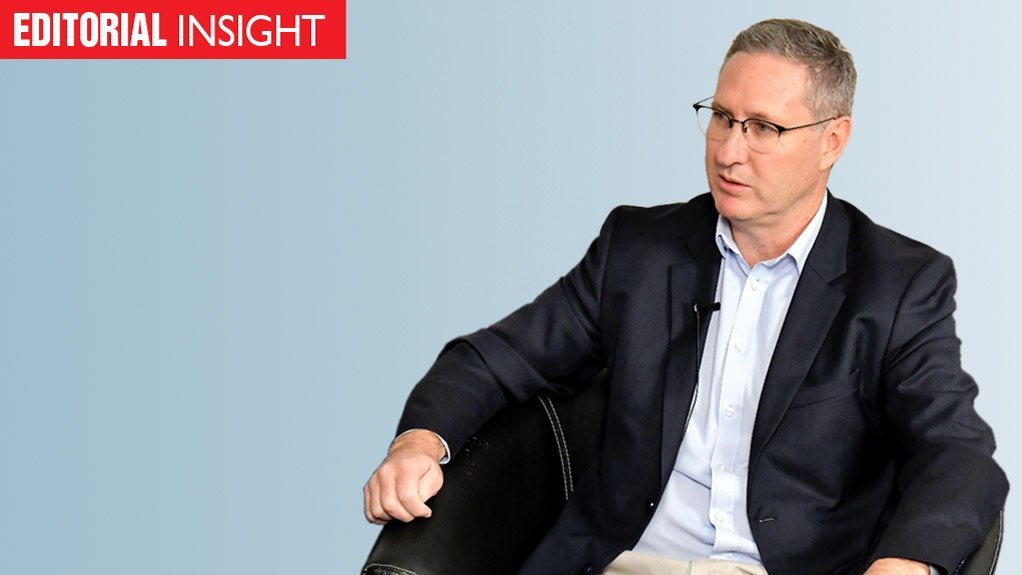Thanks to the chairperson of the Ministerial Advisory Group on Covid-19, Professor Salim Abdool Karim, South Africans have some insight into the likely shape of the coronavirus pandemic curve.
The exponential rise in the number of infections initially anticipated did not materialise. Instead, the South African curve began flattening relatively soon after the first domestic case was confirmed on March 5 and the number of cases breached the 1 000 mark on March 27. This flattening has been attributed largely to government’s decision to halt international travel and implement a nationwide lockdown fairly early into the local epidemic.
Professor Karim warns, though, that these swift and aggressive measures have served only to delay the onset of the exponential spread of the virus, which is likely to arise once the lockdown restrictions are eased.
No timeline has been given for when community transmission will once again bend the curve into an incline. Likewise, the assumptions used to plot this new ‘likely scenario’ curve, which steepens rapidly following the plateau, have not been disclosed. Nevertheless, it offers important visibility of the likely progression of the pandemic and provides a strong signal that it won’t be business as usual once the lockdown ends.
There is another equally important curve, however, to which South Africans need to start paying attention: the shape of the economic recovery.
Without question, the initial economic decline will be steep and deep. Initial estimates of the 2020 economic contraction range from about 5% to 10%.
As with the global economic crisis of 2008/9, the policy actions that follow the dramatic Covid-19 deterioration will determine the scale and duration of the economic harm caused.
Naturally, South Africa should be targeting a V- or, at worst, a U-shaped recovery. What should be avoided is a repeat of this country’s post-2009 recovery, when the initial rebound faltered, largely because the seeds of stimulus were scattered among the weeds of policy uncertainty and on the rocks of corruption.
Worryingly, we are in a far less resilient position than was the case in 2009. The economy was in recession even before the coronavirus struck, the fiscal position is weak and deteriorating and South Africa’s debt has been downgraded to junk. For this reason, avoiding a protracted recession or even depression is going to require a level of resolve and commitment among the social partners not seen since the tail end of apartheid.
As we emerge from lockdown, all South Africans need to get behind efforts designed to raise the economic curve as steeply as possible. Without a coordinated and disciplined response – one that sustains and accelerates the structural-reform programmes initiated ahead of the pandemic – South Africa stands little or no chance of turning this crisis into an economic and social opportunity.
EMAIL THIS ARTICLE SAVE THIS ARTICLE ARTICLE ENQUIRY FEEDBACK
To subscribe email subscriptions@creamermedia.co.za or click here
To advertise email advertising@creamermedia.co.za or click here











